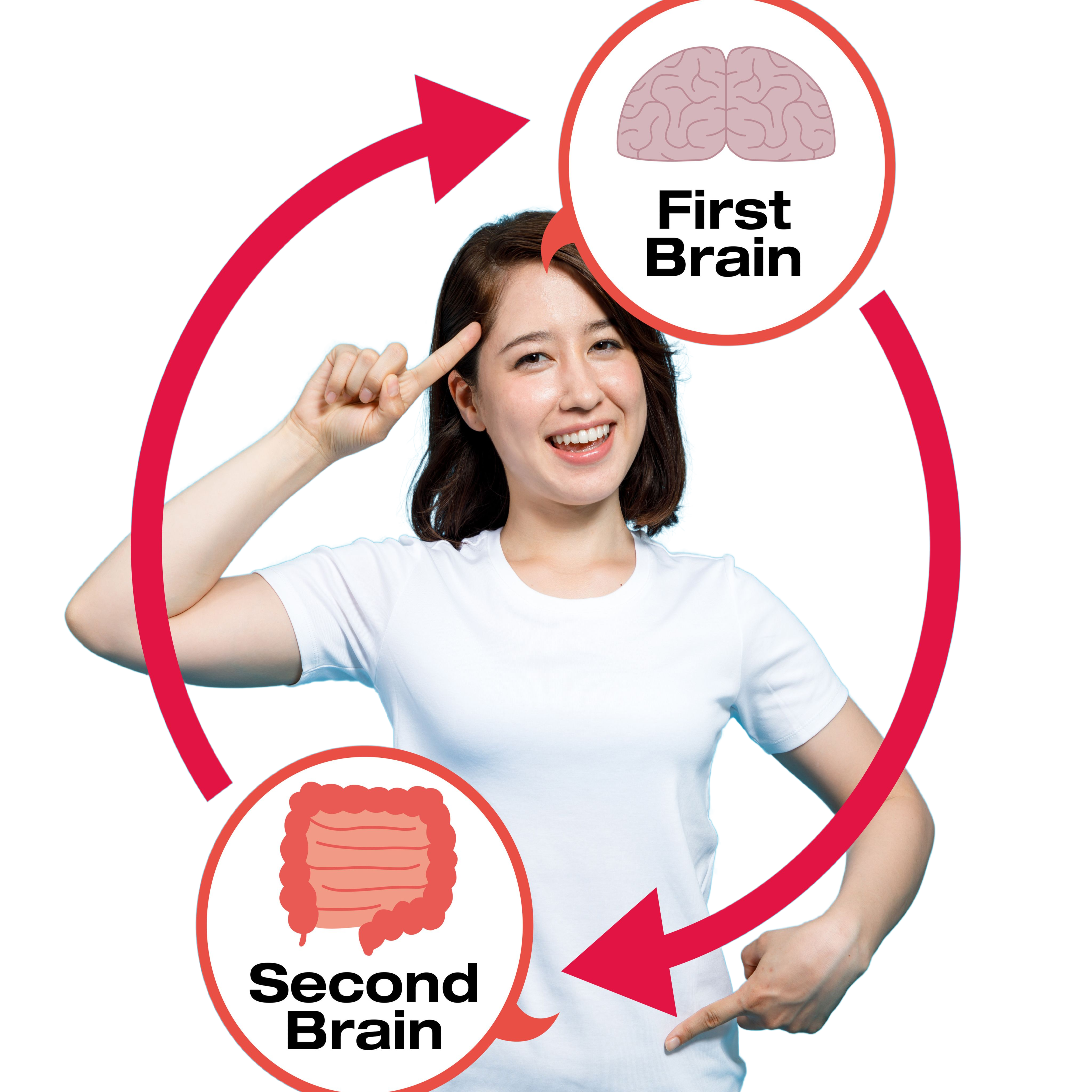Brain Fog: What is it? Can you eliminate it?
In this blog we will discuss brain fog related to COVID-19 and suggestions on how to clear it.
What is brain fog?
Brain fog can be described as a group of symptoms that include reduced cognition, inability to focus and multitask, as well as a difficulty with short term and long-term memory. ‘Brain fog’ itself, is not a medical condition or scientific term, but is used to describe cognitive difficulties or mental fatigue. It can impact your daily life, interfering with work or school, but it does not have to be permanent.

What are the causes of brain fog?
Brain fog can be caused for many reasons: a lack of sleep, stress, poor diet, alcohol consumption, medications (including chemotherapy drugs), hormonal changes and viral illnesses including the flu, and COVID-19.

What are the mechanisms resulting in brain fog? How does COVID-19 affect the brain?
Any of the above causes can initiate a cascade of inflammatory signals with the brain. In particular, COVID-19 can cause a highly inflammatory response in some individuals resulting in a cytokine storm which can affect the lungs, gastrointestinal tract, heart & circulatory system, kidneys and brain. These inflammatory signals can be temporary or persist, if the trigger remains.
How can you get clear brain fog?
Recommended activities to help clear brain fog:
- Eating a balanced diet with fruits and vegetables, nuts, beans and whole grains have been proven to improve brain health. Adding supplements to aid or correct nutritional deficiencies can promote health.
- Exercise: Start with just a few minutes a day and work up to 30 minutes, several times a week. Exercising reduces stress and anxiety and improves mood, cognitive function and sleep.
- Sleeping enough. A consistent sleep habit restores your body, improves your mood and energy levels. Good sleep, or poor sleep, impacts your physical and mental health.
- Engage in activities that stimulate your brain: music, meditation, reading, a positive attitude, and social activities.
Are there supplements for brain fog?
Yes, supplements that reduce anxiety, improve sleep quality, and correct nutritional deficiencies can help clear brain fog.
There is evidence that probiotics can enhance immune regulation in the brain and central nervous system toward an anti-inflammatory state, and reduce effects of neuroinflammation, including brain fog. Adding probiotics can produce appropriate and balanced immune responses, and switch off excessive inflammatory reactions.
At Refine Naturals, we have formulated a product, MIND PROBIOTIC, for both brain and gut health. This product contains Bifidobacterium longum R0175 and Lactobacillus helveticus R0052. These have been shown to promote a healthy mood balance, moderate feelings of anxiety and reduce stress-related gastrointestinal symptoms, as well as improve sleep quality, and reduce levels of the stress hormone, cortisol. This is the first probiotic approved by Health Canada for both brain and gut health.
At Refine Naturals, we realize that not all natural health supplements are created equal. We concentrate our expertise in choosing quality and evidence backed medicinal as well as non-medicinal ingredients. We keep our labels and marketing practices compliant to advertising standards, so as to never mislead consumers in their decision making. For a complete list of our supplements, click on our product catalog.
At Refine Naturals: We believe “You Deserve Better than FINE!”
Persistent or chronic symptoms of brain fog should be discussed with your doctor to help isolate the trigger and eliminate it and help return your body to a healthy state. Check out our other blog posts on the Gut-Brain Connection, chronic stress, and sleep and foods to improve your mental health.
References:
- Hugon, J., Msika, E. F., Queneau, M., Farid, K., & Paquet, C. (2022). Long COVID: cognitive complaints (brain fog) and dysfunction of the cingulate cortex. Journal of neurology, 269(1), 44–46. https://doi.org/10.1007/s00415-021-10655-x
- Theoharides, T. C., Stewart, J. M., Hatziagelaki, E., & Kolaitis, G. (2015). Brain "fog," inflammation and obesity: key aspects of neuropsychiatric disorders improved by luteolin. Frontiers in neuroscience, 9, 225. https://doi.org/10.3389/fnins.2015.00225
- Real-Life Benefits of Exercise and Physical Activity | National Institute on Aging (nih.gov). NIH. (2021, March 2). Retrieved July 15, 2022, from https://www.nia.nih.gov/health/real-life-benefits-exercise-and-physical-activity
- Frank, M. G., Fonken, L. K., Watkins, L. R., Maier, S. F., & Lowry, C. A. (2019). Could Probiotics Be Used to Mitigate Neuroinflammation?. ACS chemical neuroscience, 10(1), 13–15. https://doi.org/10.1021/acschemneuro.8b00386
- Kazemi, A., Noorbala, A. A., Azam, K., Eskandari, M. H., & Djafarian, K. (2019). Effect of probiotic and prebiotic vs placebo on psychological outcomes in patients with major depressive disorder: A randomized clinical trial. Clinical nutrition (Edinburgh, Scotland), 38(2), 522–528. https://doi.org/10.1016/j.clnu.2018.04.010




